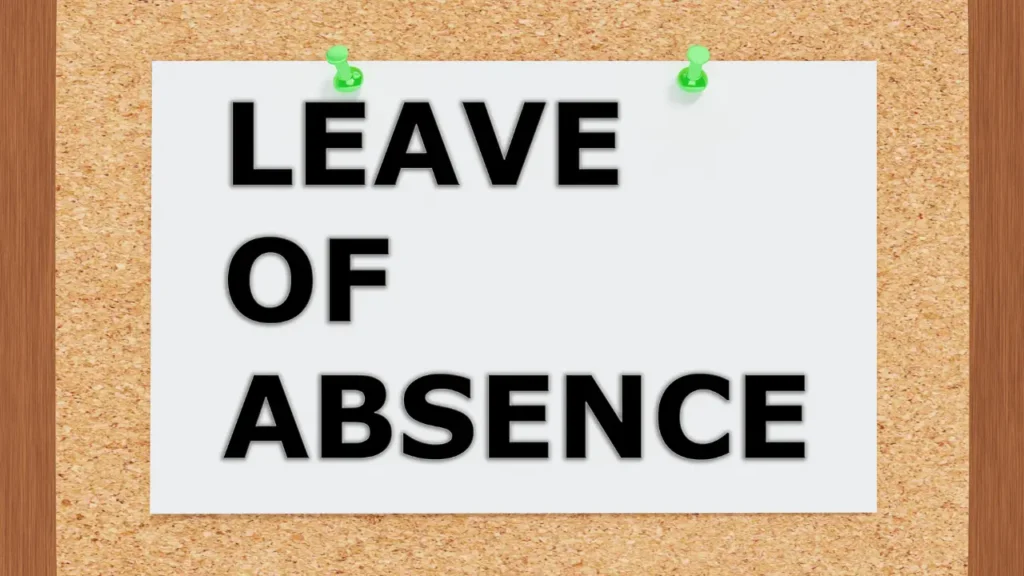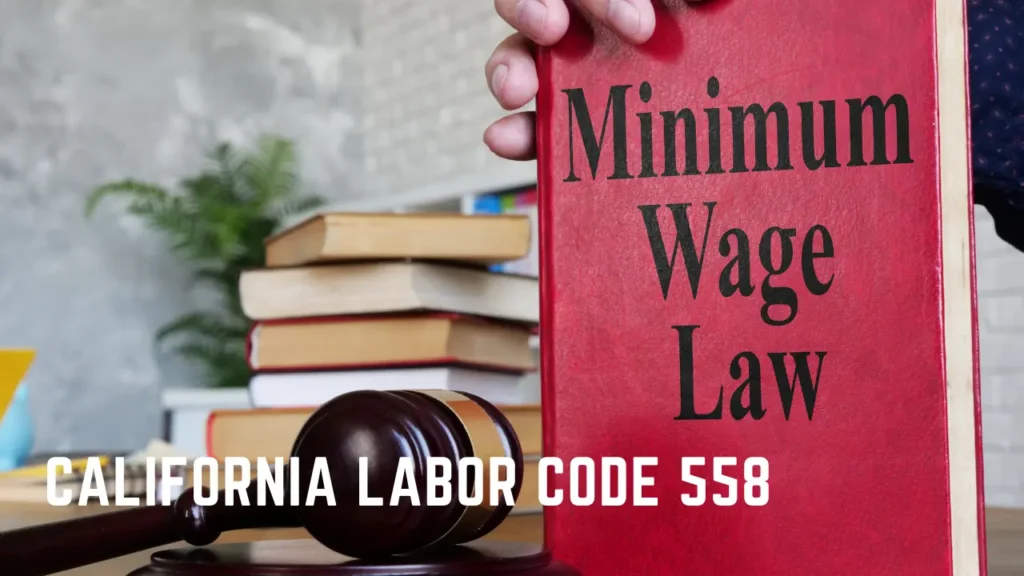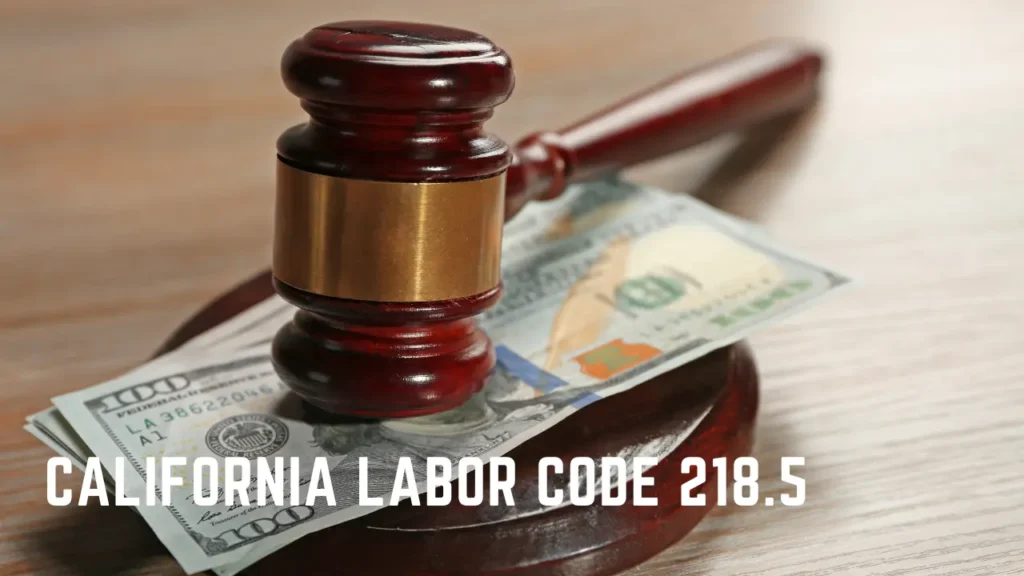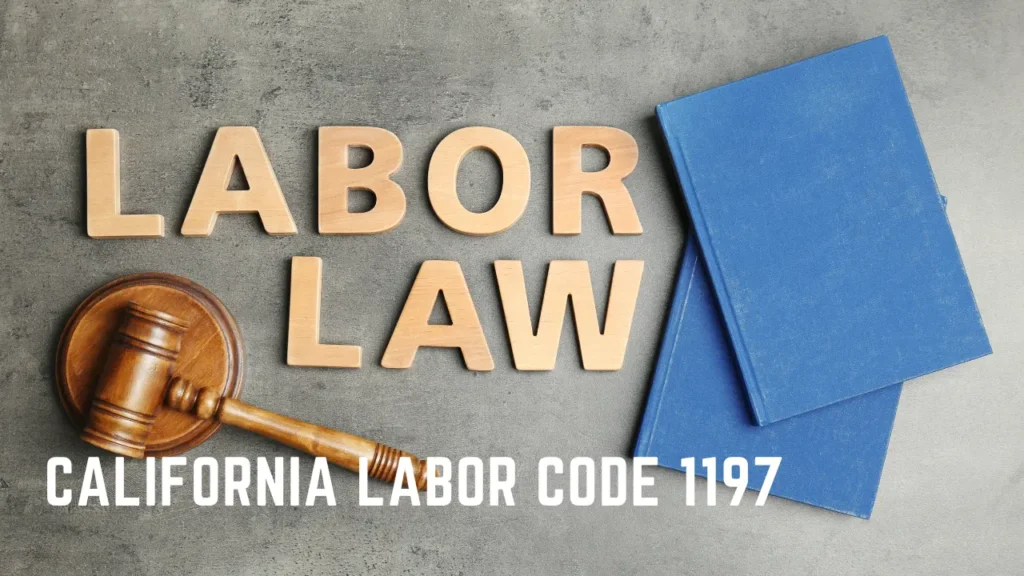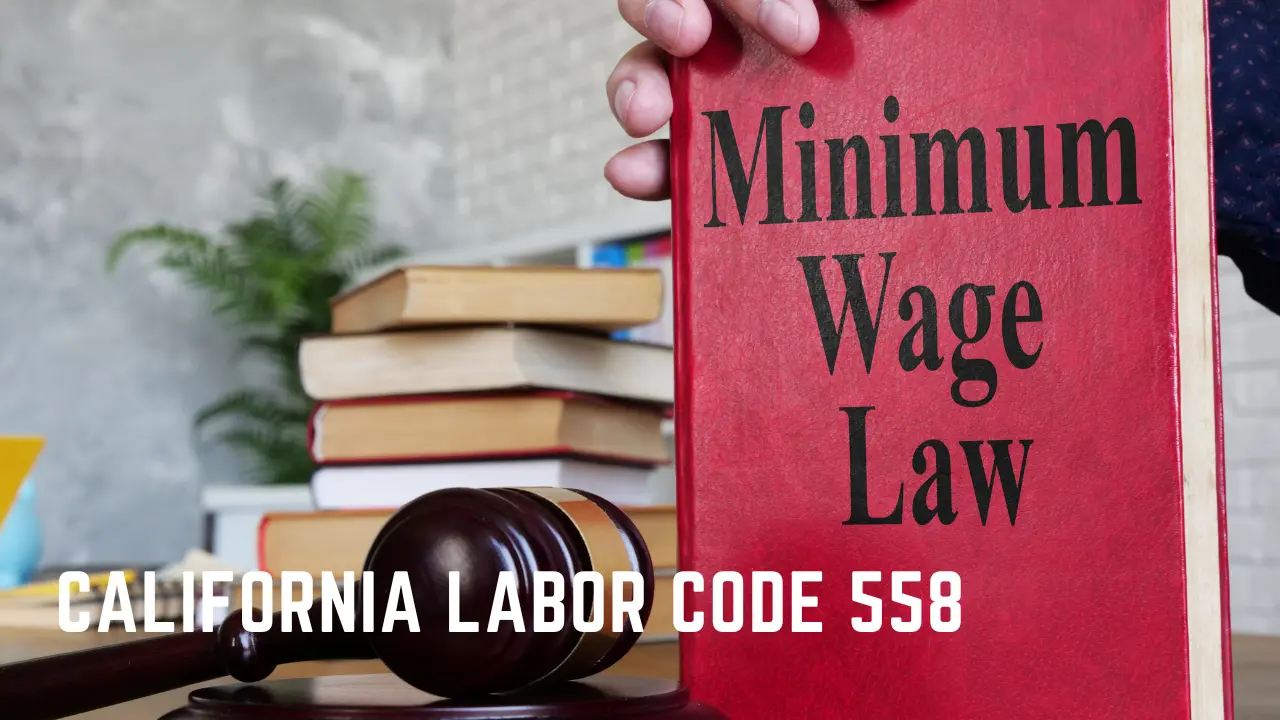Workers’ compensation insurance is a type of insurance that provides benefits to employees who are injured or become ill as a result of their job. Here are some important things to know about workers’ compensation insurance:
What is workers’ compensation insurance?
Workers’ compensation insurance is a type of insurance that provides benefits to employees who are injured or become ill as a result of their job. The insurance covers medical expenses, lost wages, and other costs associated with the injury or illness.
Who needs workers’ compensation insurance?
Employers are required to carry workers’ compensation insurance in most states. The requirements vary depending on the state and the industry. Generally, any business that has employees is required to have workers’ compensation insurance.
What does workers’ compensation insurance cover?
Workers’ compensation insurance covers medical expenses, lost wages, and other costs associated with an employee’s injury or illness. It can also provide benefits for permanent disability or death.
How is workers’ compensation insurance funded?
Workers’ compensation insurance is funded by employers, who pay premiums to insurance companies. The premiums are based on the number of employees, the type of work they do, and the level of risk involved.
What are the benefits of workers’ compensation insurance?
The benefits of workers’ compensation insurance include:
Providing financial protection to employees who are injured or become ill on the job
Protecting employers from lawsuits related to workplace injuries or illnesses
Encouraging employers to maintain a safe workplace to prevent injuries and illnesses.
What are the requirements for filing a workers’ compensation claim?
To file a workers’ compensation claim, an employee must typically report the injury or illness to their employer within a specific timeframe (usually within 30 days). The employee must also provide medical documentation of the injury or illness and complete any necessary paperwork.
Can an employee sue their employer for a workplace injury or illness?
In most cases, employees cannot sue their employer for a workplace injury or illness if the employer has workers’ compensation insurance. The workers’ compensation system provides benefits to employees without the need for a lawsuit. However, in some cases, an employee may be able to sue their employer if the injury or illness was caused by intentional wrongdoing or gross negligence.
How can employers reduce the cost of workers’ compensation insurance?
Employers can reduce the cost of workers’ compensation insurance by:
Maintaining a safe workplace to prevent injuries and illnesses
Implementing a return-to-work program to help injured employees return to work as soon as possible
Training employees on workplace safety
Working with insurance carriers to develop a risk management plan.
In conclusion, workers’ compensation insurance is a vital protection for both employers and employees. It provides financial security for employees who are injured or become ill on the job while protecting employers from potentially costly lawsuits. Employers should take steps to maintain a safe workplace and implement risk management strategies to reduce the cost of insurance premiums. Employees should be aware of their rights and responsibilities when filing a workers’ compensation claim. By working together, employers and employees can create a safe and productive workplace that benefits everyone involved.

